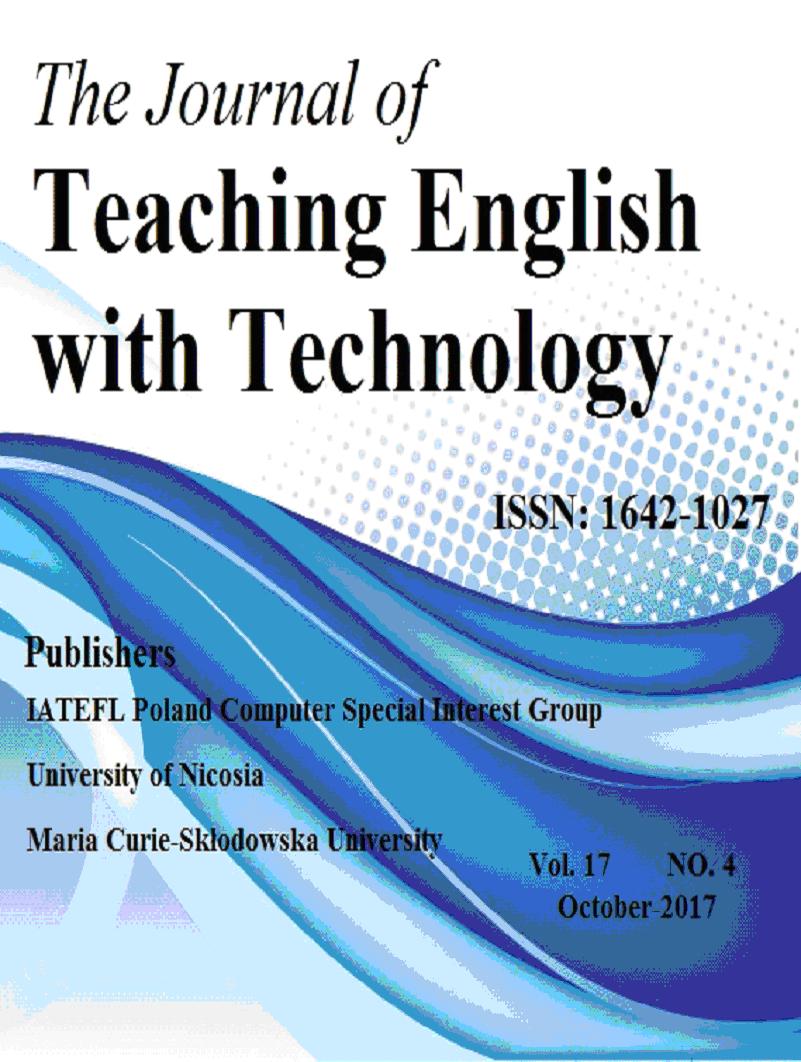THE USE OF ELECTRONIC DICTIONARIES FOR PRONUNCIATION PRACTICE BY UNIVERSITY EFL STUDENTS
THE USE OF ELECTRONIC DICTIONARIES FOR PRONUNCIATION PRACTICE BY UNIVERSITY EFL STUDENTS
Author(s): Rastislav MetrukSubject(s): Foreign languages learning
Published by: IATEFL Poland Computer Special Interest Group and The University of Nicosia
Keywords: electronic dictionary; online dictionary; English pronunciation, pronunciation practice; university student; EFL learner
Summary/Abstract: This paper attempts to explore how Slovak learners of English use electronic dictionaries with regard to pronunciation practice and improvement. A total of 24 Slovak university students (subjects) completed a questionnaire which contained pronunciation-related questions in connection with the use of electronic dictionaries. The questions primarily concerned electronic editions of monolingual learner’s dictionaries, dictionaries intended for native speakers, and specialized (special-purpose) pronunciation dictionaries. The main objective of this small-scale study was to identify the frequency, manner, and types of electronic dictionaries used by the subjects in order to practice and improve their pronunciation. The findings indicate that the subjects of the study use electronic dictionaries for pronunciation practice relatively often, learner’s dictionaries being the most preferred choice. The study also recommends that EFL learners exploit the pronunciation conveniences of electronic dictionaries extensively.
Journal: Teaching English with Technology
- Issue Year: 17/2017
- Issue No: 4
- Page Range: 38-51
- Page Count: 14
- Language: English

